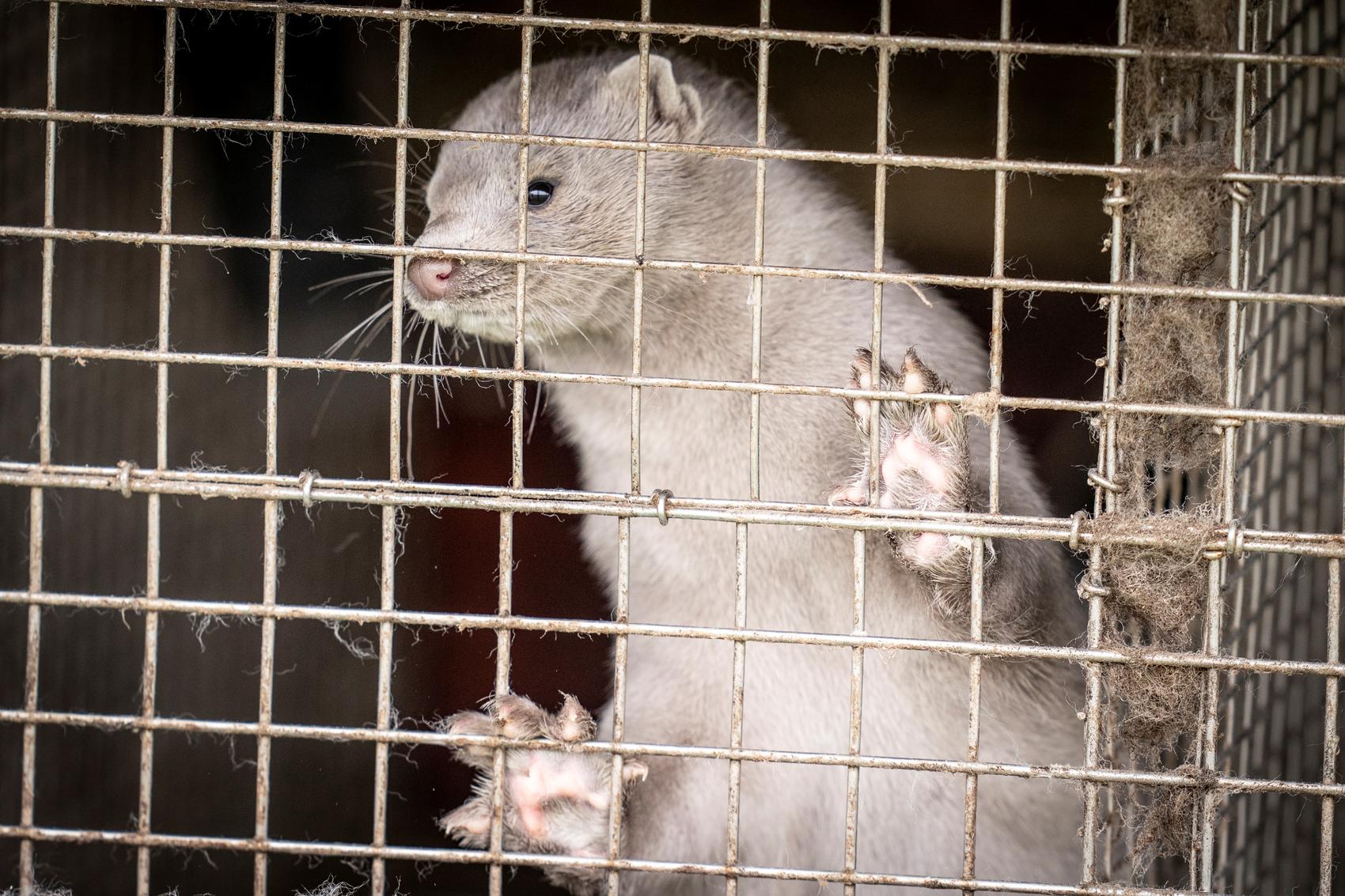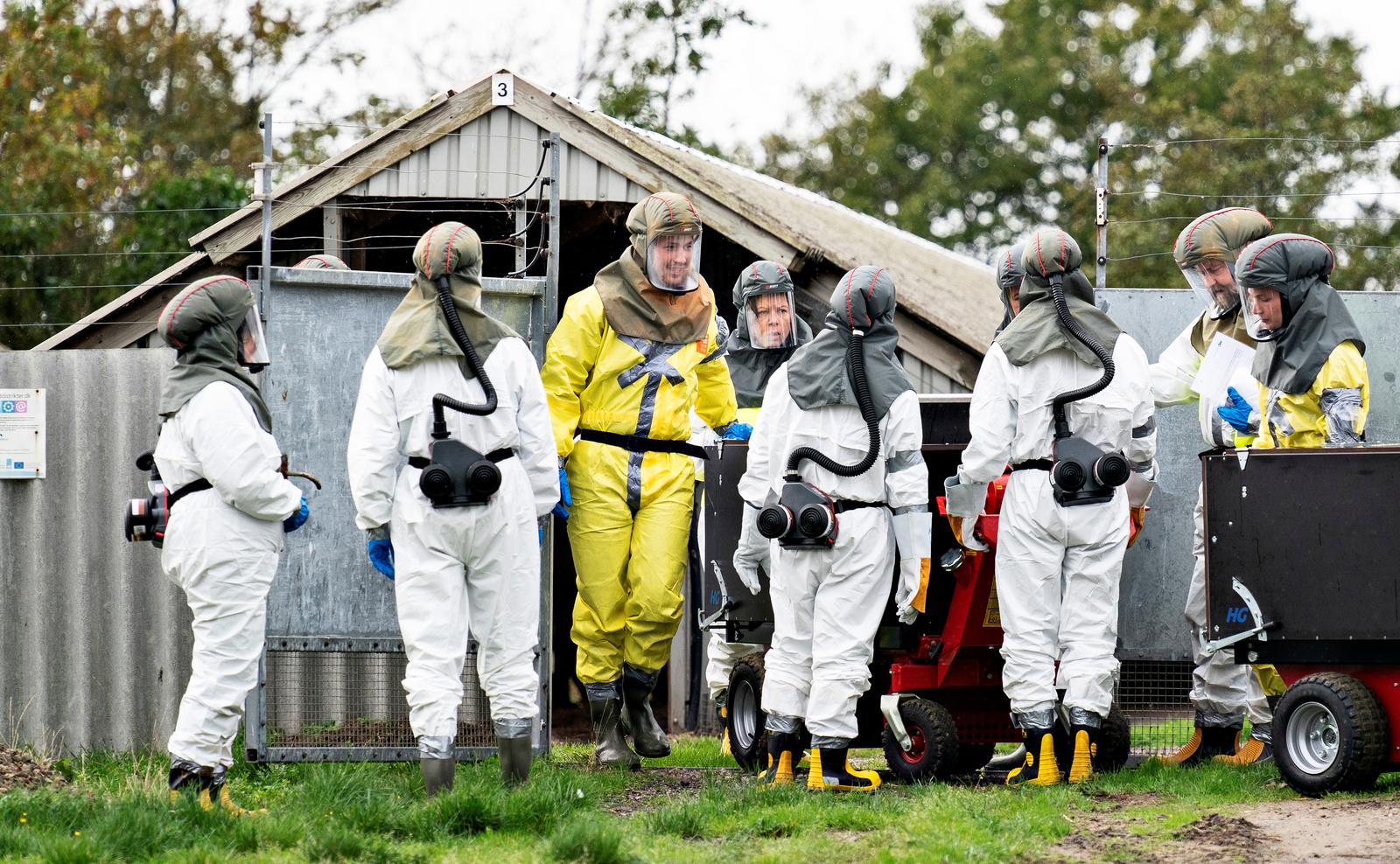COPENHAGEN - Denmark will cull its mink population of up to 17 million after a mutation of the coronavirus found in the animals spread to humans, the prime minister said on Wednesday.
Health authorities found virus strains in humans and in mink which showed decreased sensitivity against antibodies, potentially lowering the efficacy of future vaccines, Prime Minister Mette Frederiksen said.
“We have a great responsibility towards our own population, but with the mutation that has now been found, we have an even greater responsibility for the rest of the world as well,” Frederiksen told a news conference.
The findings, which have been shared with the World Health Organization and the European Centre for Disease Prevention and Control, were based on laboratory tests by the State Serum Institute, the Danish authority dealing with infectious diseases.
The head of the WHO’s emergencies programme, Mike Ryan, called on Friday for full-scale scientific investigations of the complex issue of humans - outside China - infecting mink which in turn transmitted the virus back to humans.
“We have been informed by Denmark of a number of persons infected with coronavirus from mink, with some genetic changes in the virus,” WHO said in a statement emailed to Reuters in Geneva. “The Danish authorities are investigating the epidemiological and virological significance of these findings.”
Authorities in Denmark said five cases of the new virus strain had been recorded on mink farms and 12 cases in humans, and that there were between 15 million and 17 million mink in the country.
|
|
| Employees from the Danish Veterinary and Food Administration and the Danish Emergency Management Agency in protective equipment are seen amid the coronavirus disease (COVID-19) outbreak at a mink farm in Gjoel, North Jutland, Denmark October 8, 2020. Photo: Ritzau Scanpix/Henning Bagger via Reuters |
Outbreaks at mink farms have persisted in the Nordic country, the world’s largest producer of mink furs, despite repeated efforts to cull infected animals since June.
Denmark’s police, army and home guard will be deployed to speed up the culling process, Frederiksen said.
Christian Sonne, professor of Veterinary and Wildlife Medicine at Aarhus University, said in an email he believed culling the herd now as a precautionary measure was a sound decision and could prevent a future outbreak that would be more difficult to control. Sonne co-authored a letter published in the journal Science last week calling for the cull.
“China, Denmark, and Poland should support and extend the immediate and complete ban of mink production,” Sonne and his co-authors wrote last week.
Tougher lockdown restrictions and intensified tracing efforts will be implemented to contain the virus in some areas of Northern Denmark, home to a large number of mink farms, authorities said.
“The worst case scenario is a new pandemic, starting all over again out of Denmark,” said Kare Molbak, director at the State Serum Institute.
Minks have also been culled in the Netherlands and Spain after infections were discovered.





















































